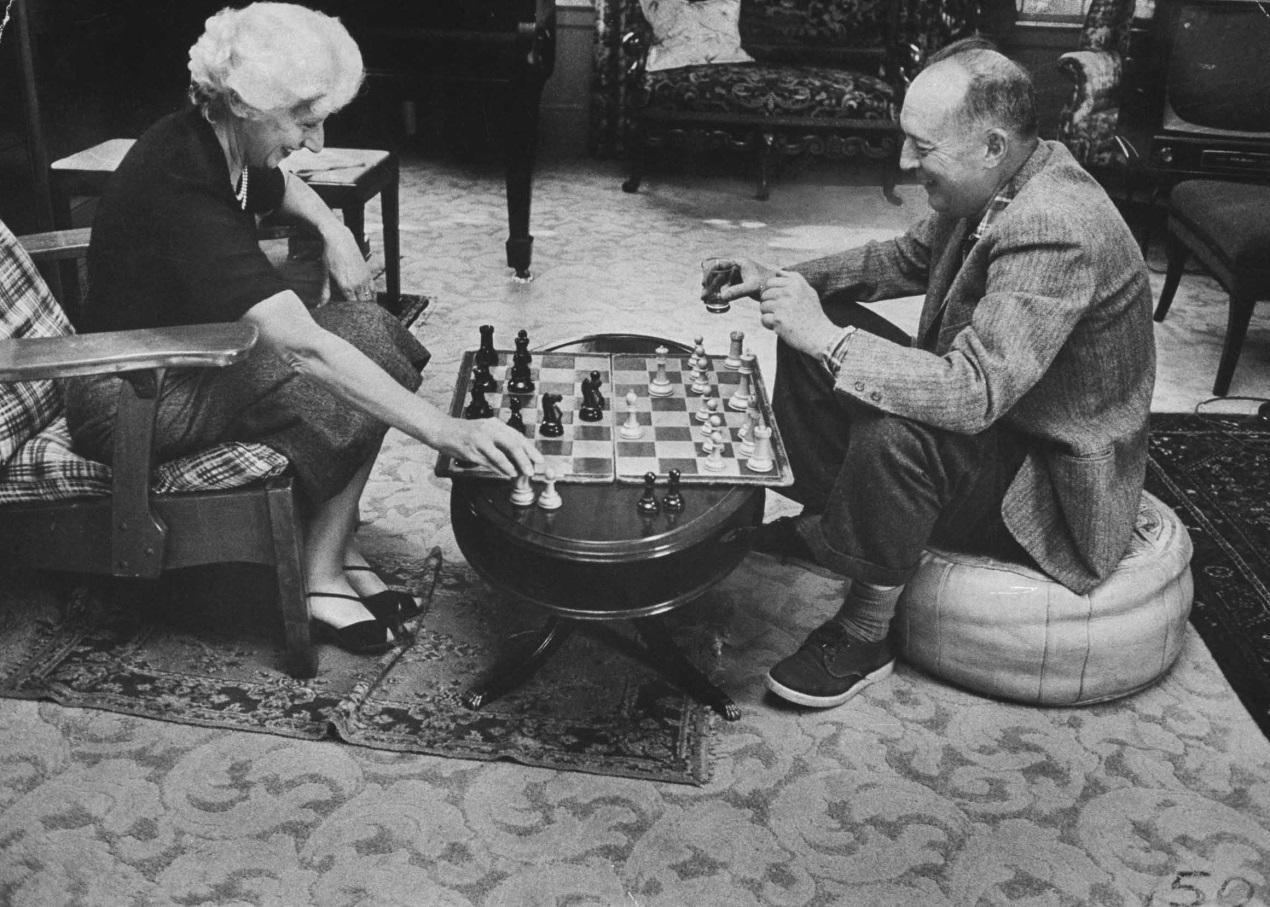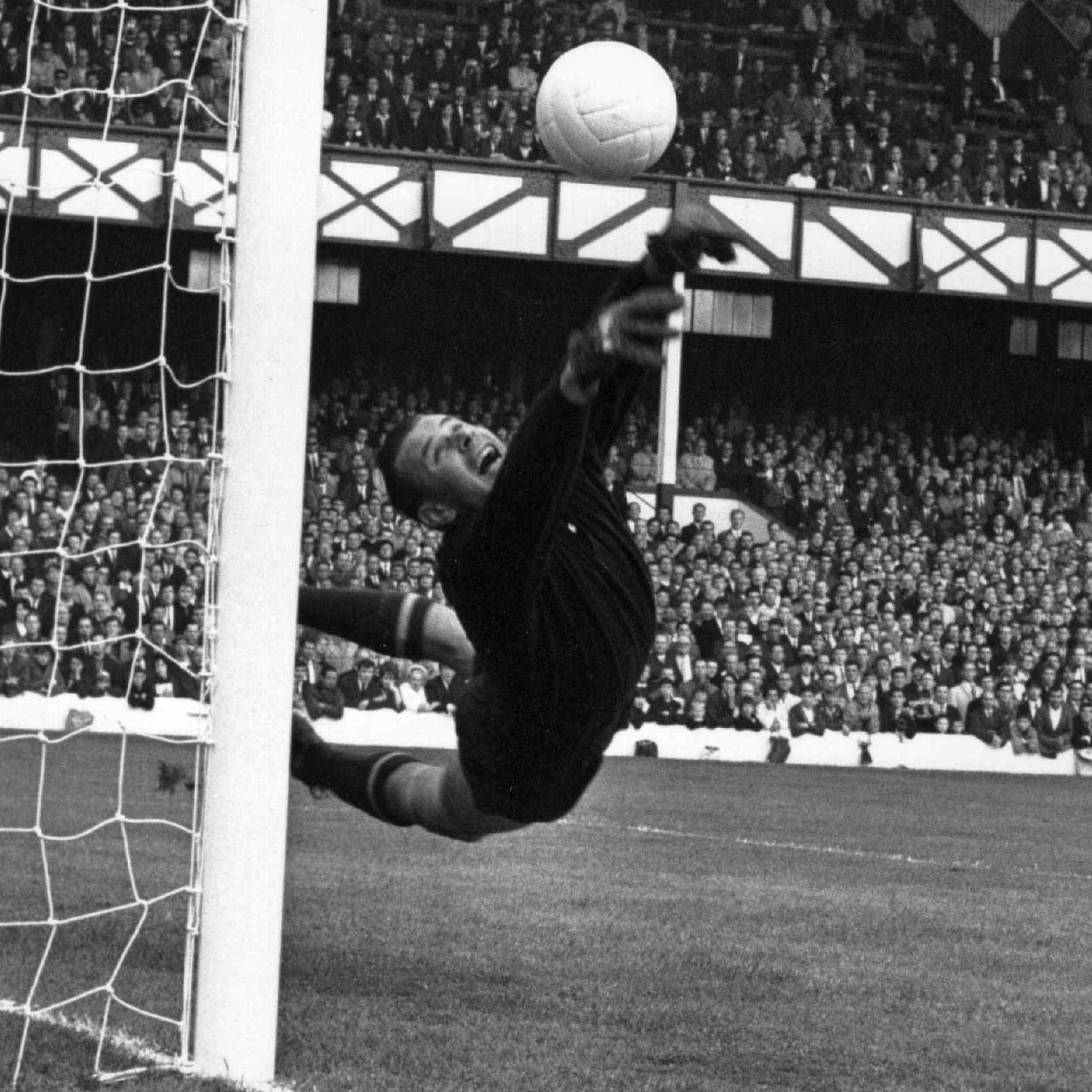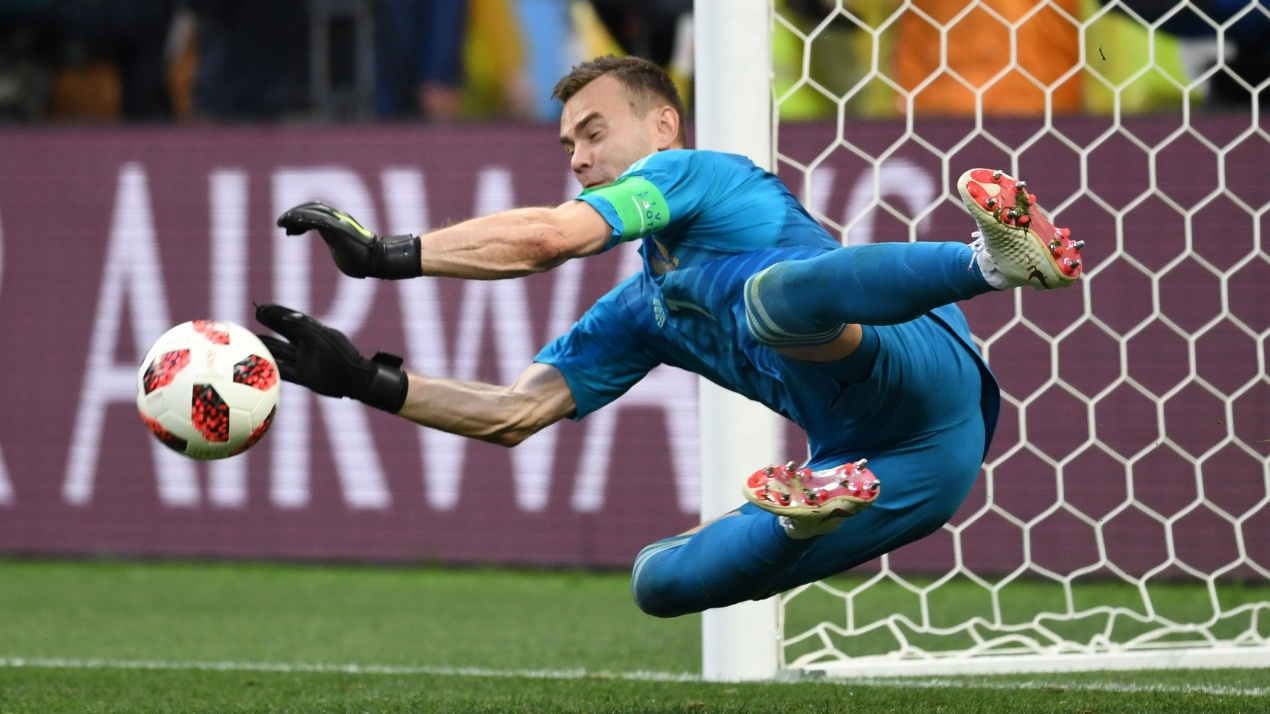An unfancied Russia – the lowest ranked host country in World Cup history – have already been quite a revelation in the tournament's ongoing edition and have just made a stunning entry to the quarterfinals, winning an edge-of-the-seat tiebreaker against powerhouse Spain on Sunday night.
It was their captain and goalkeeper Igor Akinfeev, who not only led his side from the front and stood under the bar like a Rock of Gibraltar, but also made two spectacular saves, including an acrobatic one with his leg in the final shot of the game, to sink the mighty Spanish Armada.
32-year-old Akinfeev, who has been playing for CSKA Moscow in his entire club career, has already underlined his status as a torch-bearer of a grand goalkeeping tradition. The country, in both its erstwhile avatar of the Soviet Union and its current shrunk existence after the post-Cold War fall, produced some of the greatest goalkeepers in world football.
If Lev Yashin was the greatest among them all and the best goalkeeper’s award in each of the past few FIFA World Cup finals got the Golden Gloves award, instituted in the Black Spider’s memory, Rinat Dasayev also had a towering presence under the bar in the 1980s.
Two legendary custodians off & on the field
But probably, the most well-known goalkeeper from the country behind the ‘Iron Curtain’ may not have played the game at the highest level or the international level since his goalkeeping days were limited to his regular appearances under the bar at Trinity College, Cambridge.
Yes, Russia-born writer Vladimir Nabokov was an enthusiastic goalkeeper during his Cambridge days and, besides for continuing with his butterfly catching hobbies and other activities, he did follow his passion on the field even after becoming one of the greatest writers of his time.
Call it a mere coincidence or sheer luck, a year after Yashin was called up to the Soviet national team, Nabokov took the global literature scene by storm with his magnum opus, Lolita (1955), the ground-breaking, controversial story of a middle-aged literature professor’s relationship with a 12-year-old girl that was ranked fourth in the list of the Modern Library 100 Best Novels.
The next year, in 1956, Yashin went on to win gold at the 1956 Summer Olympics in Melbourne and also the first European Championship title with the red-hot, revolutionary Soviet side.
His failure to break the ground with his mediocre goalkeeping skills may have compelled Nabokov to prematurely hang his gloves and picked up the pen, but his love for the last man standing in front of the goal post was legendary.

Author Vladimir Nabokov playing chess with his wife. /VCG File Photo
The goalkeeper-turned bestseller
My recent visit to his childhood house in Saint Petersburg, where Nabokov, also a lepidopterist, grew up and was baptized into his life-long hobby of butterfly collection, gave a glimpse of his passion for different sports. A chess board and a scrabble board, displaying the novelist’s affinity towards board games, were kept near the entrance of his former abode-turned-museum, a stone’s throw away from river-side city’s iconic St Isaac’s Cathedral.
Lolita was surely the highlight of the vast collection of books written by the Russian American author. Apart from different editions and language versions of the once controversial book, with protagonists, Humbert Humbert and his young paramour Dolores Haze, a rough screenplay draft and the poster of the Stanley Kubrick’s 1962 film on the same story were on display. However, one can’t miss another seminal work by Nabokov, the first edition of which was kept next to one of the many copies of Lolita.
His immortal words on the high art
Sports enthusiast Nabokov, who, at times, earnt his living as a tennis and boxing coach, wrote on his affinity towards sports and more precisely goalkeeping in his autobiographical work, "Speak, Memory", where he, while describing his love for goal-keeping, revealed, “I was crazy about goalkeeping."
In Russia and the Latin countries, that gallant art had been always surrounded with a halo of singular glamour. Aloof, solitary, impassive, the crack goalie is followed in the streets by entranced small boys. He vies with the matador and the flying ace as an object of thrilled adulation. His sweater, his peaked cap, his kneeguards, the gloves protruding from the hip pocket of his shorts, set him apart from the rest of the team.”
“He is the lone eagle, the man of mystery, the last defender. Photographers, reverently bending one knee, snap him in the act of making a spectacular dive across the goal mouth to deflect with his fingertips a low, lightning-like shot, and the stadium roars in approval as he remains for a moment or two lying full length where he fell, his goal still intact,” the author added.

Lev Yashin, the Russian goalkeeper, dives athletically to save a free-kick in the World Cup semifinal against West Germany at Goodison Park in 1966. /VCG Photo
But what made him a goalkeeper and what was his experience? The answer was given by Nabokov himself in his biographical book as he wrote, “As with folded arms I leant against the left goalpost, I enjoyed the luxury of closing my eyes, and thus I would listen to my heart knocking and feel the blind drizzle on my face, and hear in the distance the broken sounds of the game, and think of myself as of a fabulous exotic being in an English footballer’s disguise composing my verse in a tongue nobody understood about a remote country nobody knew. Small wonder I was not very popular with my team-mates.”
But he was indeed popular with his writings and the rest, as they say, is history. Football’s loss was certainly literature’s gain. Therefore, it would be a poetic justice for the rich Russian goalkeeping tradition if Akinfeev’s consistent and superlative show earns him the award for the best goalkeeper, named after his iconic predecessor Yashin.











